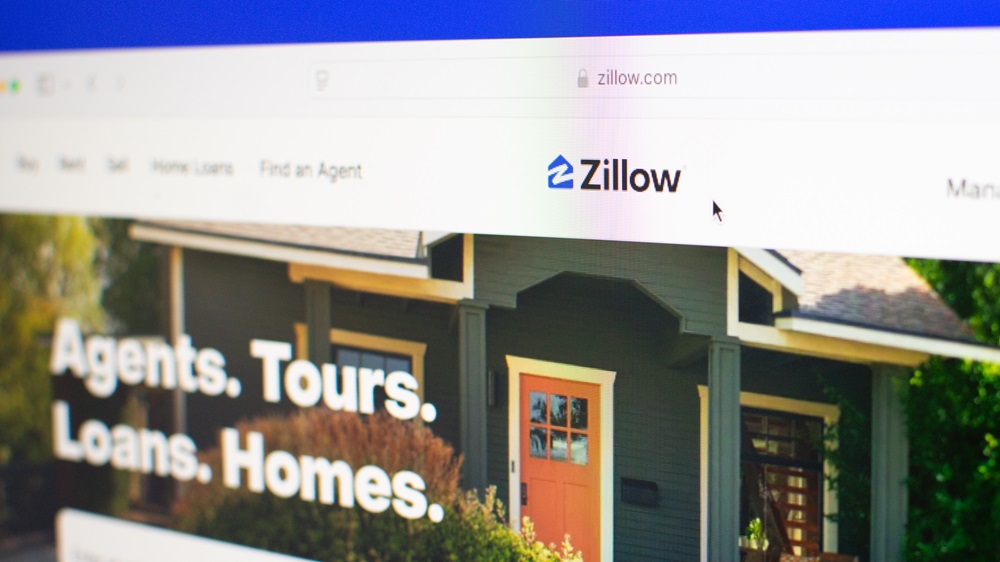Zillow hit a significant milestone this quarter with its second-quarter results, delivering a revenue of $655 million, up 15% from the previous year’s estimates. This surpassed Zillow’s previous year’s $630 million, reflecting strong performance across the company’s diverse business segments. GAAP net income was $2 million, climbing from a $17 million year-over-year loss, showcasing the company’s ability to manage its financials effectively. Share prices remained.dd in post-market trading, but recovery efforts post-hours were limited, with a notable dip during the day.
However, an after-hours decline of approximately 6% occurred, partly due to poor early trading factors. The company subsequently rebounded, with revenue growing strongly in the latter part of the day, signaling resilience during late trading hours.
The company’s strategic focus was evident in its growth momentum, driven by advancements in its core Residential business. This included a 6% increase to $434 million from the previous year. Additionally, its strong RO強く growing mortgage and rentals business, as well as other Americas segments, contributed to continued success. These metrics underscore Zillow’s ability to capture significant portions of the compact market.
Zillow’s repetitive efforts to outpace expectations are evident in steady revenue growth and financial healthy streak, as seen in Q2. However, the company emphasized its cautious approach, highlighting that while it’s setting ambitious targets, it didn’t overlook broader market dynamics, which remained flat compared to the prior year. Zillow has elevated its internal expectations, even beyond the allocations in the full-year outlook, due to a case in point.
Under CEO Jeremy Wacksman’s letter to shareholders, Zillow displayed a clear plan to deliver above expectations and enhance its competitive position. Starting in January, the company aims for mid-teens revenue growth by Q3, pushing higher-end numbers, though it’s expected to reach higher growth targets in 2025. Zillow’s strong Q2 performance will likely shape the company’s trajectory, both for the years ahead and globally.
Despite its resilience, Zillow is navigating a complex landscape, where investments in technology and innovation are critical to achieving its goals. The outcome of four years of copyright disputes with CoStar and two years of real estate transparency concerns with Compass have not erased Zillow’s momentum but will continue to impose challenges in securing its competitive edge. As it navigates these legal and operational issues, Zillow will focus on scaling its strategy to capitalize on emerging opportunities while addressing historical shortcomings.















